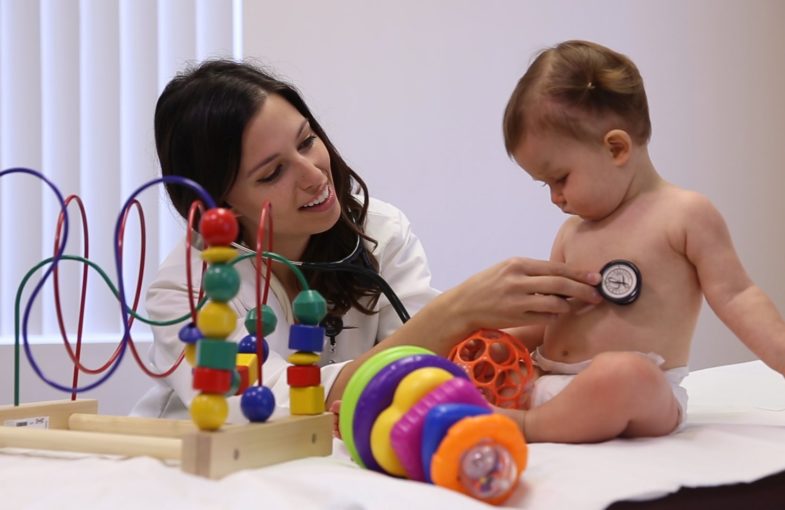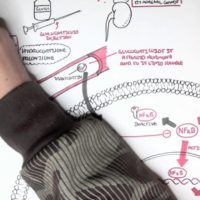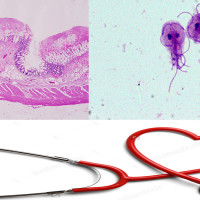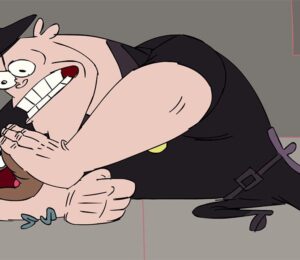The pathway to medical school, doesn’t only include the academics; studying infinite amount of information for an exam that last about 2 hours plus, and hoping that you past the course so you can finish off the basic sciences years, but also involves hands on experience!
As they always say, medical school is like trying to drink from a fire hydrant; an impossible task of information that needs to be learned before exam time comes around. Basically, those first 2 years, is a hell on earth and a lot of people give up because they can’t handle it, or figure that life is more than staying home on the weekends trying to catch up with the lecture notes from the previous week, just so you can do the same thing the next weekend, all up until, yet again, the exam. It does require some form of sacrifice, either from the things you enjoy (hobbies), or interacting with friends who aren’t medical students themselves. No one but only medical students can truly understand what you are going through and it’s kind of why they tend to group together at the end of the day.
Finally when one survives those 2 years, the real learning begins; clinical rotations. All of the information you’ve learned from those 2 years, are going to help you figure out what questions to ask, and what part of the patient history is relevant to treating real life patients. No longer is it standardized patients, but people who are actually sick, who are actually ailing and who actually need your help.
Even though you are a medical student and you introduce yourself as one, these patients pour their heart out to you and ask you relevant medical advice, that sometimes you can answer based on your knowledge but then again, there will be times when you cannot and have to ask the senior doctor and get back to them. Nevertheless, they don’t see you as an inferior to the senior doctor, they see you as a doctor and place all their trust in you. This is the great part of medical school.
Now, this blog entry is suppose to be about pediatrics rotation and I know so far it hasn’t talked about it but I wanted to introduce my blog entries on clinical rotations, with motivation for those who are still in the basic sciences and are awaiting their clinical rotation years to come around the corner.
Currently, I am in Poole, Dorset in the United Kingdom. I chose to do my clinical rotations here because I wanted to defer my Step 1 examination, until I felt that a high score was something I could attain with confidence. The time off gives me time to study for the Step 1 examination and also to start my clinical rotations a few months earlier than my peers.
My plan is to do most of my core clinical rotations in the UK, and finish off with the major electives that I am interested in, in the United States, because that’s where I want to do my residency in pediatrics. So all of my experiences are going to be based on being in the UK. I have heard some horror stories of what 3rd and 4th year medical students or interns have to go through, in the United States and I find it to be very unfortunate that individuals who were previously medical students and interns themselves, were the ones causing the horror.
Now during my rotation, the pediatrics department require you to make your own schedule unlike the other core clinical placements; which is pretty interesting. It seems confusing at first but the best advice I can give to get an awesome end of core evaluation, is to go to as many clinics as possible and try to be seen on the wards, as much as possible. The latter works via going to hand overs in the morning, clerking patients in the afternoon and possibly going to hand-overs in the afternoon also. Don’t expect to clerk a lot of patients if it is that Southampton students are also there on their rotations. But despite that, try your best and you will be fine.
Also for the end of core evaluation, a presentation is expected of you. Pick something that you are interested in, and do a nice walk through from a case that you’ve clerked yourself or observed on the ward, all the way to diagnostic tools, treatment, etc. The more interested you are in the topic, the easier it is to work on your presentation. For me, it was asthma.
The pediatrics rotation was a very fun one, and a very educational one. The doctors were very friendly, accommodating and eager to teach. So having fun, can be achieved during pediatrics!
As for the NBME end of core examination, this would be a discussion for another topic. I am done with pediatrics but I am still awaiting my NBME grades. Once that is provided to me, and I have my overall score as I got an A in pediatrics in the part of my rotation, I will provide the techniques that I used for studying for the exam.
Related Posts
Surviving Term 5 Next Post:
Just Eat!





























